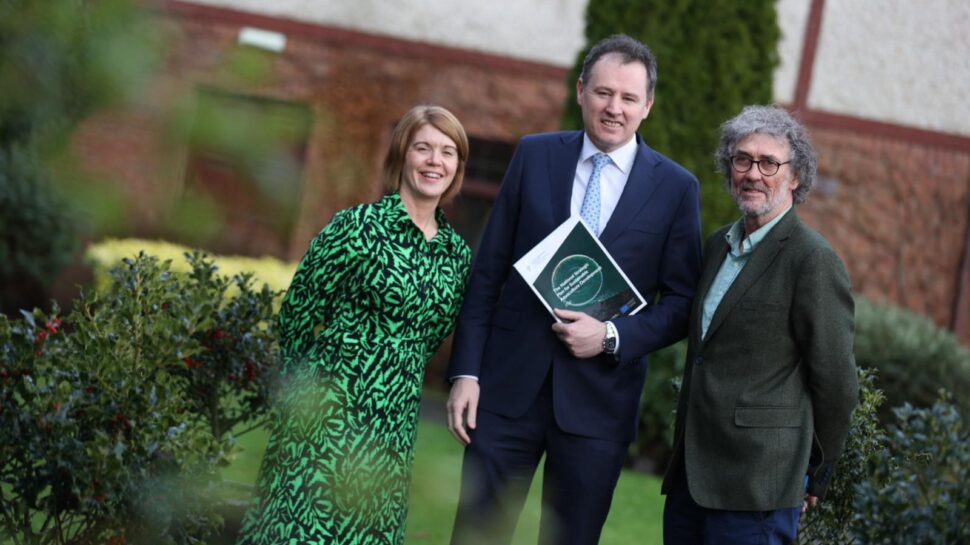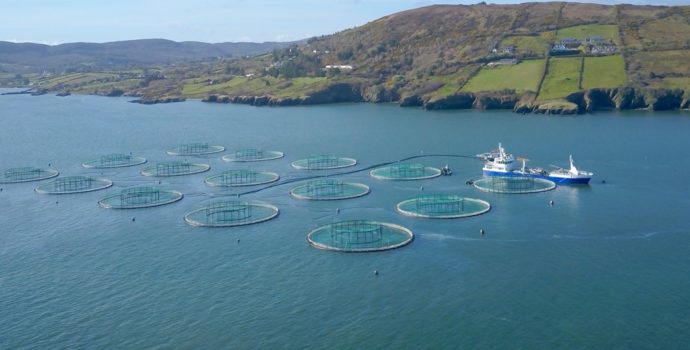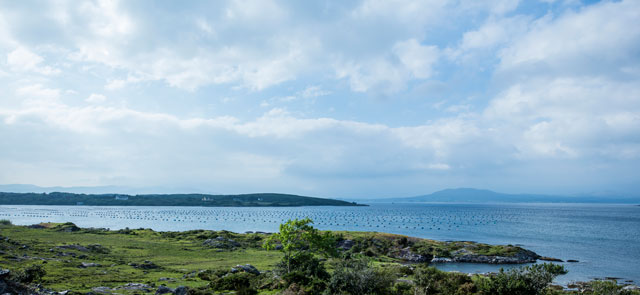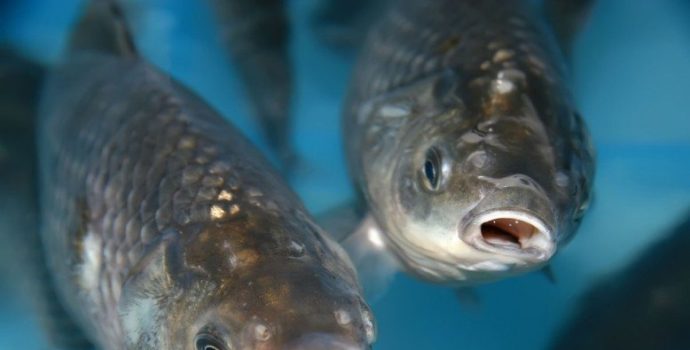IFA Aquaculture Welcomes National Strategic Plan

Opening the IFA Aquaculture annual conference and AGM in Limerick today, IFA Aquaculture Chairman Michael Mulloy addressed the increasingly difficult challenges that are having an impact on the Irish seafood industry.
“Global instability, the ongoing cost of living crisis and the knock-on for export markets are all combining to have an impact on the Irish aquaculture sector. Like all farming sectors at the moment, aquaculture farmers also feel the disproportionality of the concessions demanded by the increasing level of EU regulations. I hope we can devote some time and space to some meaningful discussions bearing in mind the collection of experience and knowledge we have here today,” he said.
The event is taking place ahead of tomorrow’s Irish Skipper Expo at the UL Sport Arena.
The Minister for Agriculture, Food and Marine Charlie McConalogue will address the event this afternoon.
“I am delighted to be able to launch the National Strategic Plan for Sustainable Aquaculture Development 2030 at the IFA Aquaculture Conference today. Aquaculture in Ireland has grown significantly since it started in the 1980s and today the sector produces around 40,000 tonnes of high value finfish and shellfish, while directly employing around 1,800 people mainly in coastal locations. It is a significant contributor to national seafood production and food security.”
“The National Strategic Plan for Sustainable Aquaculture Development 2030 sets the path for the Irish Aquaculture sector so that it is resilient, competitive and is a global standard in sustainability and quality. With the implementation of this plan, I believe the aquaculture sector has the ability to build and maintain its competitive edge into the future.”
Irish aquaculture is worth €180m to the Irish economy, providing 1,800 direct jobs and contributing to 8,500 indirect jobs in the seafood sector, sustaining coastal communities.
Topics covered throughout the day at the conference included the EMFAF programme, the National Strategic Plan for Sustainable Aquaculture, Nature Restoration Law and Offshore Renewable Energy.
Welcoming the publication of the National Strategic Plan for Sustainable Aquaculture Development 2030, IFA Aquaculture Chairman Michael Mulloy said this is a very important Government policy document for the Irish aquaculture sector as it sets out policy objectives and key actions until 2030.
However, he noted that considerable investment and appropriate legislative changes will be required to achieve the objectives of the plan, “If this National Strategic Plan is to be most effective for the development of the Irish aquaculture industry, there must be an immediate effort made to reform, modernise, and improve the aquaculture licensing system.”
“Appropriate legislative changes will be required to facilitate implementation of the strategic objectives and specific actions for the future sustainable development of the Irish aquaculture sector can only be achieved if the proposed investment is underpinned by appropriate legislation and policy,” he said.



